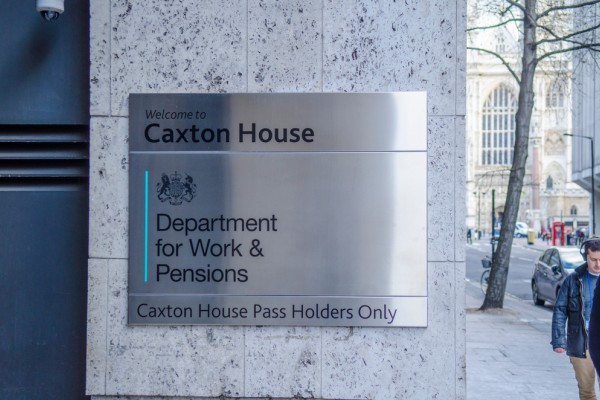UK benefits claimants to have bank accounts checked for fraud
10/11/2023 | Metro
The UK government is planning to crackdown on benefit fraud, according to reports in The Telegraph (£). Currently, the Department for Work and Pensions (DWP) requests bank account details individually if it suspects fraud. Under the new system, banks will be required to run regular data checks to ensure claimants are not lying about their savings. A claimant's bank account with more than £16,000 in savings could trigger a red flag as people are not allowed to claim Universal Credit beyond this limit. Additionally, an account transferring money overseas regularly may also indicate fraud. The government estimates that this change could save taxpayers £500m within the first five years.
In a statement to Metro, the director of Big Brother Watch, Silkie Carlo, said: "The government should not intrude on the privacy of anyone's bank account in this country without very good reason, whether a person is receiving benefits or not. People who are disabled, sick, carers or looking for work should not be treated like criminals by default. Such proposals do away with the longstanding democratic principle in Britain that state surveillance should follow suspicion rather than vice versa and it would be dangerous for everyone if the government reverses this presumption of innocence. Information processing in the welfare system is notoriously bad and the state rifling through millions of people's bank statements is highly likely to result in serious mistakes."
£ - article requires a subscription.

What is this page?
You are reading a summary article on the Privacy Newsfeed, a free resource for DPOs and other professionals with privacy or data protection responsibilities helping them stay informed of industry news all in one place. The information here is a brief snippet relating to a single piece of original content or several articles about a common topic or thread. The main contributor is listed in the top left-hand corner, just beneath the article title.
The Privacy Newsfeed monitors over 300 global publications, of which more than 6,250 summary articles have been posted to the online archive dating back to the beginning of 2020. A weekly roundup is available by email every Friday.

